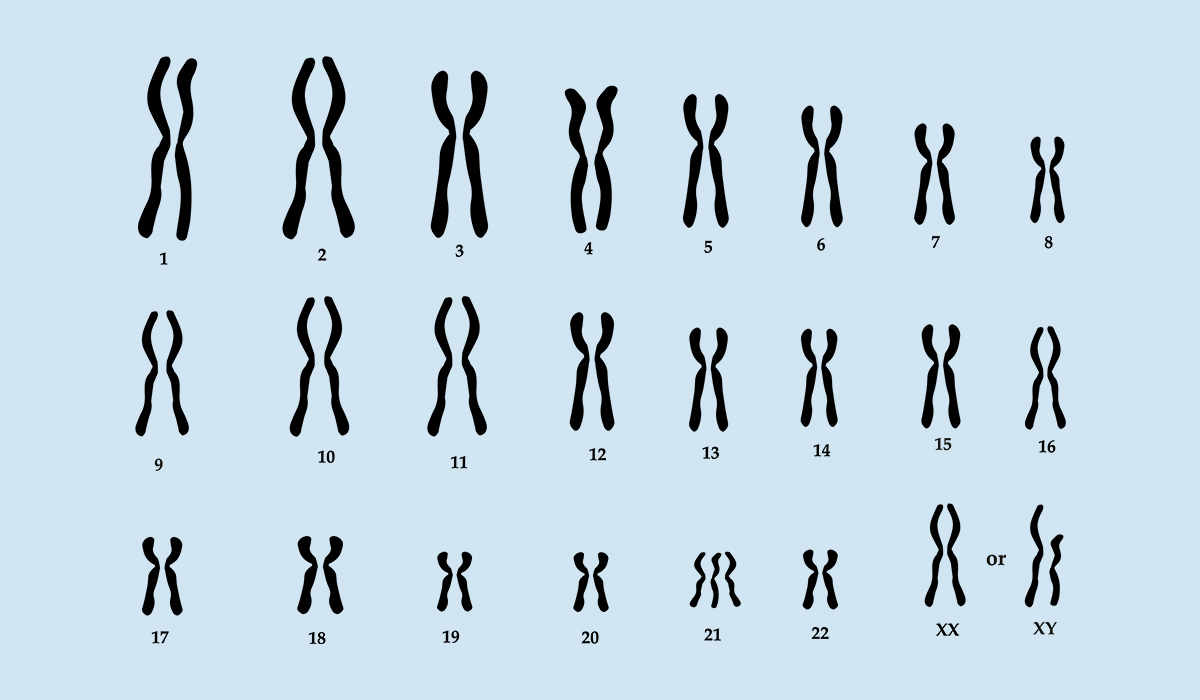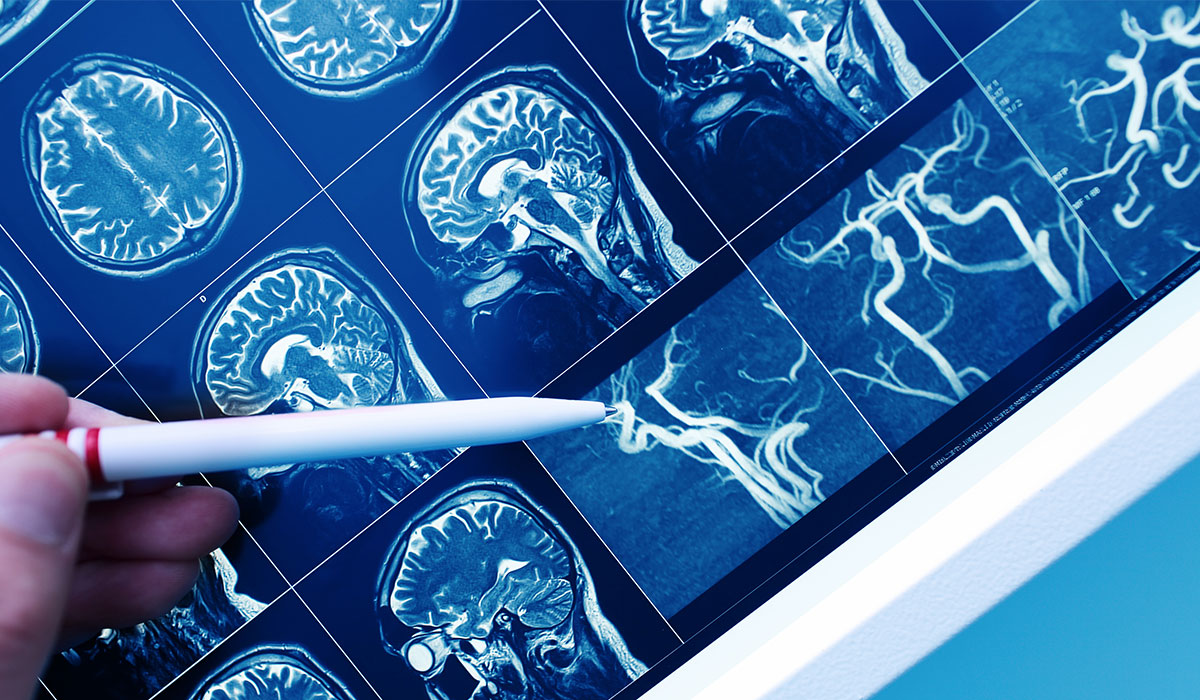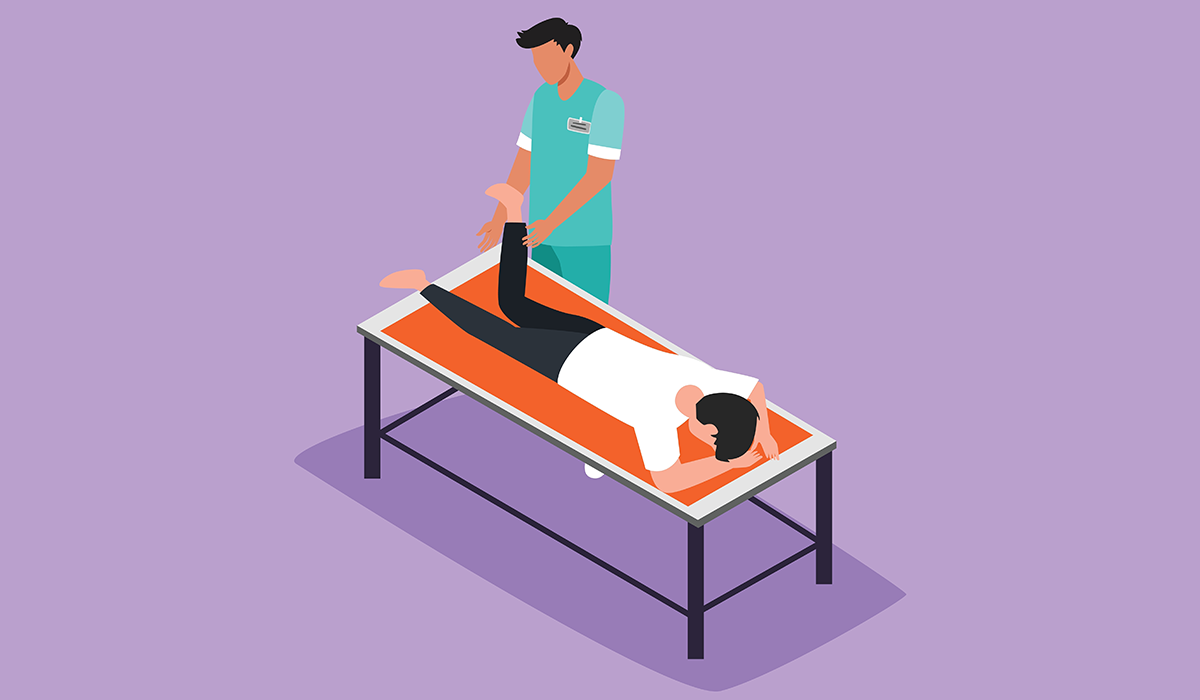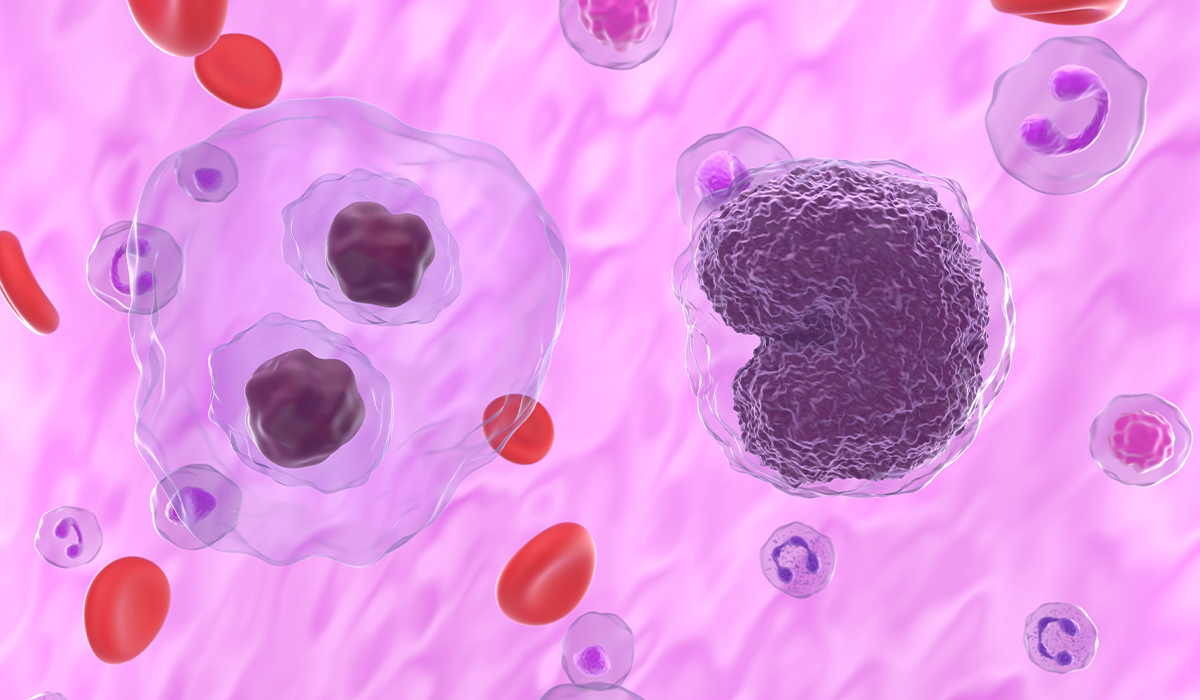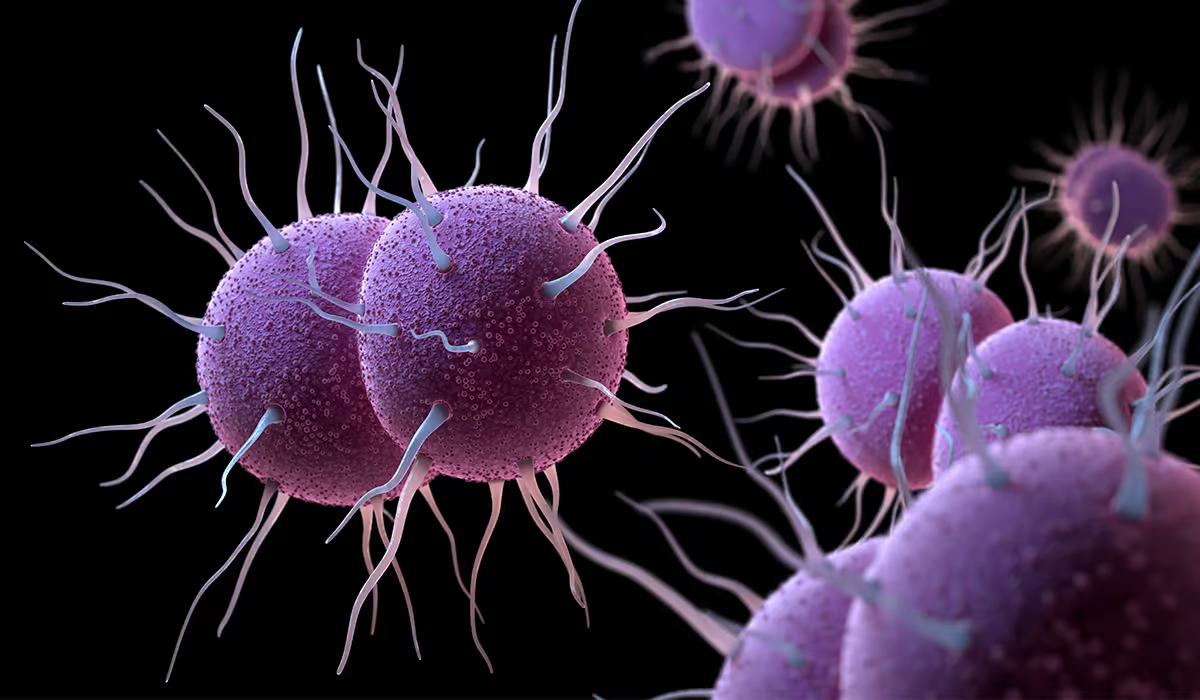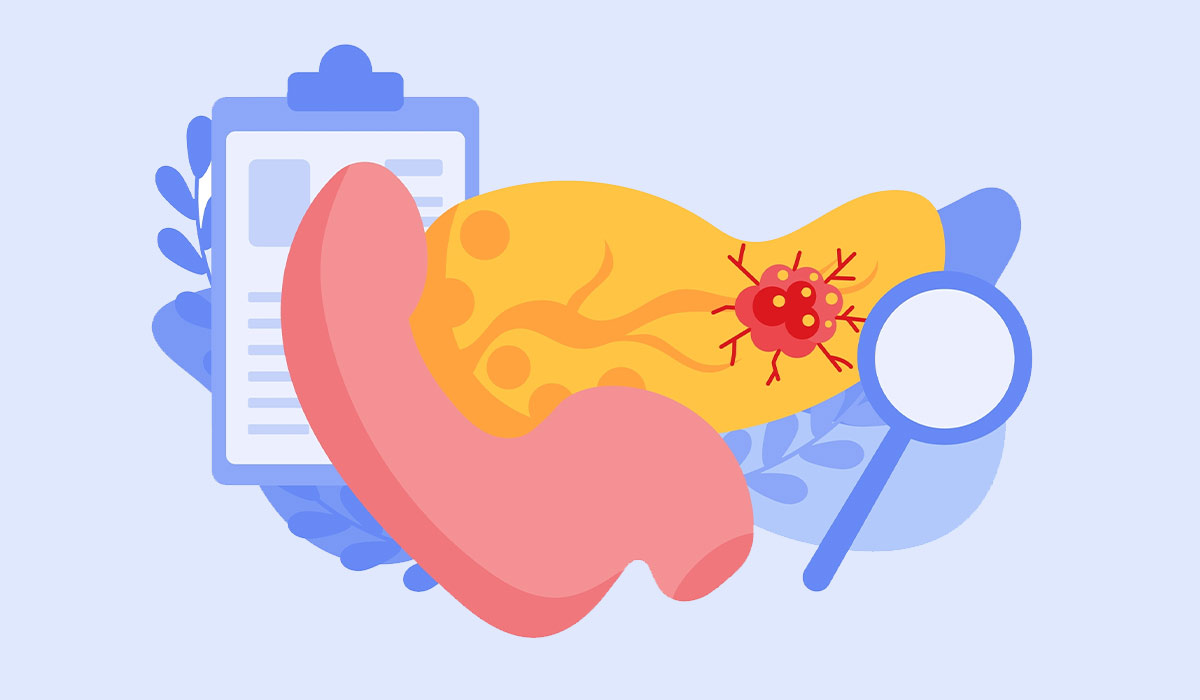UTI stands for Urinary Tract Infection. Usually, the urinary tract is kept free from bacteria, with no microorganisms present. However, in some situations, microbes enter the urinary tract. UTI happens when germs from the rectum or skin enter the urethra, causing inflammation.
The urinary system comprises the kidneys, ureters, bladder, and urethra. UTI may concern any part of the urinary tract, but most commonly, it affects the bladder, causing cystitis. A severe problem can be when bacteria enter the ureter and reach the kidney(s), which leads to a kidney infection medically known as pyelonephritis.
Suppose a UTI happens at least twice in six months or three times within a year. In that case, it’s called a recurrent urinary tract infections.
Urinary Tract Infection – Causes
The most common cause of UTI is bacteria. Escherichia coli is responsible for more than 80% of UTIs. Those bacteria naturally exist in the large intestine of humans. Bacteria in the intestines can be beneficial as they can aid in the formation of vitamins B and K and break down consumed food.
Sometimes bacteria can travel from the anus to the tube that carries urine away from the body, causing a problem in the urinary tract.
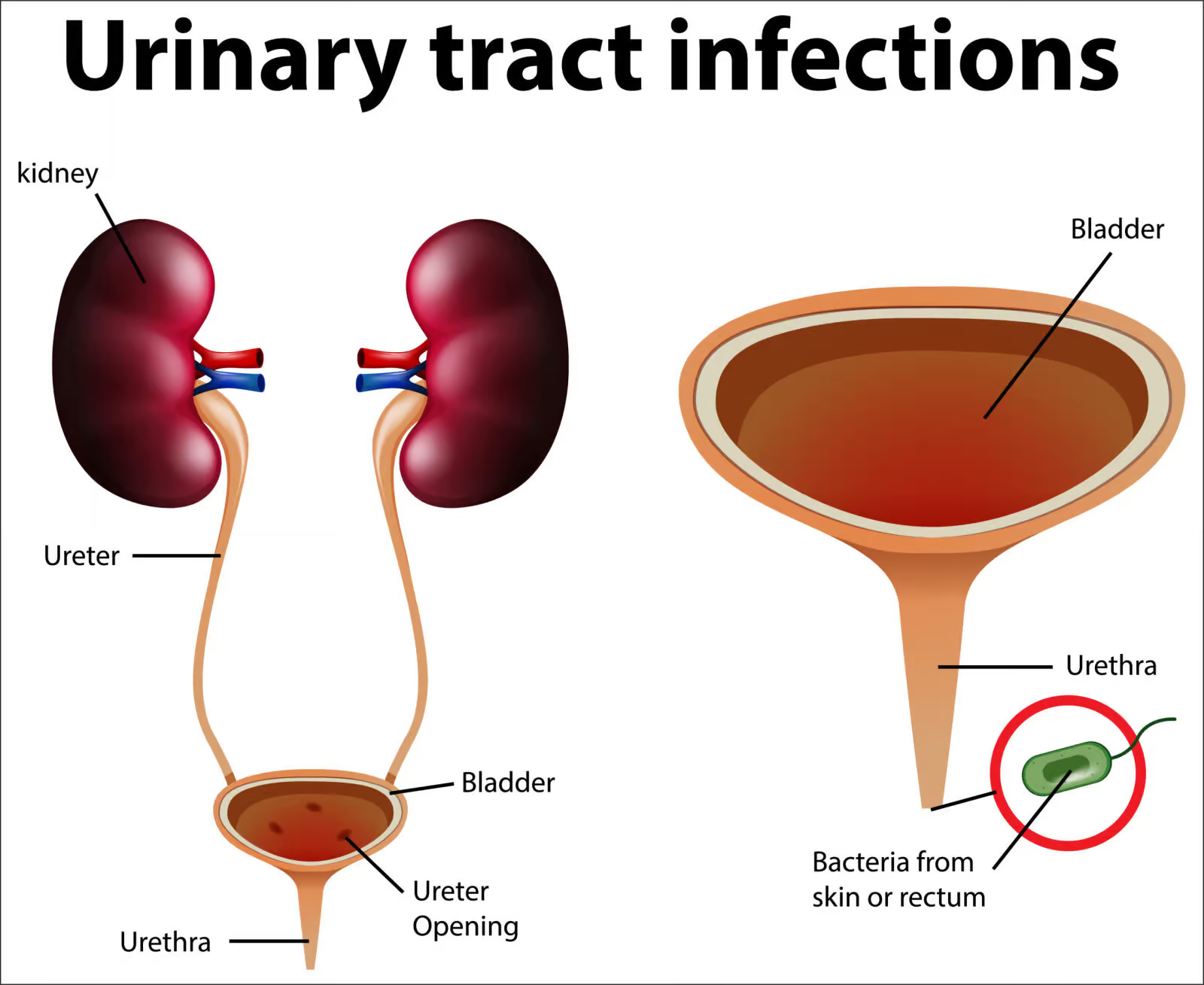
Other less common bacteria that cause urinary tract infections are:
- Staphylococcus saprophyticus
- Klebsiella
- Proteus
- Viruses
- Fungi
- And others.
A condition is more likely to have a complicated course if a bacterium other than E. coli causes the infection.
UTIs frequently accompany vaginal infections. The vagina and urethra are placed close to each other, making it easy for bacteria that are causing a vaginal infection to travel up to the bladder and cause a bladder infection.
Urinary Tract Infection – Symptoms
Symptoms of the UTI include:
- Persistent need to pee
- Frequent urination in tiny portions
- Pain in the lower abdomen
- Pain or burning sensation when urinating
- Discomfort in the lower abdomen
- Hematuria, which is urine with visible blood
- General malaise
- Accidental bedwetting may occur in children.
If the UTI concerns the kidneys (kidney infection), the symptoms that might present are:
- Pain in your lower back (lumbar area)
- High fever
- Nausea and vomiting
- When examined by a doctor, the pain is aggravated by a slight tap or shaking of the lumbar region, called Goldflam’s sign.
However, it’s important to note that bacteria in the urinary system don’t always trigger symptoms of UTI. Suppose bacteria are present in the tests, and there are no symptoms of infection. In that case, medical professionals classify it as asymptomatic bacteriuria, which typically does not require treatment.
Risk Factors
Women
Around 60% of adult women have at least one urinary tract infection. This happens due to UTI in women, which is much more common than in men.
This happens since the female urethra is much shorter than the male urethra – the urethra comes to approximately 4 cm ( 1.5 inches) in ladies and 20 ( 8 inches) in men.
In ladies, microscopic organisms that enter the urethra have a shorter removal to reach the bladder than men. As a result, these microscopic organisms are more likely to cause UTIs.
Sexually active ladies are more likely to develop a UTI since microscopic organisms from the skin and perianal range enter the urethra amid sex.
Diabetes
Diabetes is a disease involving too high blood sugar levels. Urinary tract diseases are more common in individuals who have diabetes since there’s glucose (sugar) present in their pee. Bacteria need glucose as fuel to grow and divide, so they grow more rapidly in the urine with high glucose content.
Furthermore, the work of the immune system is disturbed when hyperglycemia occurs, which means that the body’s defense system may struggle with fighting germs that cause UTI. Proper blood sugar control in people with diabetes reduces the risk of developing urinary tract infections.
Pregnancy
There are a few reasons why urinary tract infections are more common in pregnant women. During pregnancy, the enlarging uterus presses on the elements of the urinary tract, causing stagnation of urine. A UTI in pregnancy is also associated with the hormonal changes that occur during this period. Increased concentrations of sex hormones cause relaxation of the urinary tract muscles, promoting urinary stasis and, thus, infections.
In addition, pregnancy is when the body’s immunity is lowered. This condition can also predispose you to UTI because the immune system cannot attack bacteria that enter the urinary tract.
Menopause
The higher risk of UTI in women after menopause is mainly associated with hormonal changes (estrogen deficiency) and connective tissue aging, which makes the bladder prone to pee stagnation.
Enlarged Prostate
Although UTI is less frequent in men, specific conditions of the male reproductive system may increase its incidence. One of these is an enlarged prostate.
The prostate gland, placed below the bladder, plays a vital role in the male reproductive system. An enlarged prostate blocks urine flow, leading to complications at various levels of the urinary system. At its lowest, an untreated enlarged prostate can lead to recurrent urethral and bladder infections.
Children With Urinary Tract Defects
Sometimes, a child is born with an irregular urinary tract, which can concern any part of the urinary system. Children with urinary tract development disorders often develop a condition called vesicoureteral reflux. This situation means that the pee in the bladder is returned to the ureters, predisposing to urinary tract infections.
Use of a Catheter
People who use catheters have a higher risk of UTI development. A catheter inserted in the urethra facilitates the transfer of bacteria from the skin to the inside of the urinary system.
The period the catheter is used is directly proportional to the increase in the risk of UTI. Therefore, experts recommend that the use of the catheter should be limited to the necessary minimum and that while using it, follow the rules of hygiene to prevent infections.
Some Types of Birth Control
Birth control that contains spermicide increases the risk of UTI. These methods include diaphragms, spermicide gels and creams, condoms coated with spermicide, and cervical caps.
Weak Immune System
Some people have weak immune systems (immunocompromised), predisposing them to UTIs. If the defense system is weak, it doesn’t fight bacteria causing UTIs well enough.
Conditions associated with a weakened immune system include leukemia, AIDS (a disease caused by HIV), cancer treatment, and people after organ transplants who receive medicine that suppresses the immune system.
What Tests Should You Do?
Urinalysis
The presence of specific indicators in the urine may indicate a urinary tract infection, such as:
- Bacteria
- Leukocytes are cells produced by the body to fight infection
- Erythrocytes (red blood cells)
- Nitrite, a substance produced by bacteria
Urine Culture
Urine culture involves growing bacteria in the urine and checking which antibiotics are sensitive to them to apply targeted therapy.
Scans
Sometimes, frequent urinary tract infections are caused by abnormalities in the structure of the urinary system. The doctor may order various scans to assess the urinary system, including ultrasound, CT scan, or MRI.
Treatment and Home Remedies for UTI
UTI is treated with antibiotics. Antibiotics that are used for UTI treatment include:
- Sulfamethoxazole
- Quinolones (for complicated UTIs)
It’s essential to take antibiotics as directed by your physician. Self-discontinuation of therapy may lead to the development of antibiotic-resistant bacteria.
You can use OTC painkillers such as paracetamol or ibuprofen to relieve pain during UTI. Your symptoms should pass within 3 to 5 days.
Aside from pharmacological treatment, there are some home remedies you can do to relieve symptoms of UTI and speed up recovery. These home remedies include:
- Drinking plenty of fluids helps with flushing out the bacteria
- You can apply warm compresses to the abdomen (e.g., a hot water bottle or electric blanket)
- Drink cranberry juice
- Resting at home
In the case of asymptomatic bacteriuria, which means that the bacteria are found in the urine test but there are no symptoms of UTI, treatment is usually unnecessary. The risk of developing antibiotic-resistant bacteria outweighs the benefits of treating an asymptomatic infection. The exception when this situation needs to be treated is pregnancy.
Urinary tract infection, even without the presence of symptoms, in pregnant ladies should be treated as it can lead to problems such as premature birth or low birth weight. Not all antibiotics are safe during pregnancy, and the doctor decides on treatment in each case.

Complications
Sepsis
Sepsis appears to result from an overreaction of the immune (defense) system to the infection, which may result in failure of many organs and even death. Severe UTI is one of the frequent causes of sepsis.
Kidney Damage
Untreated UTI can result in renal scarring, lasting kidney damage, the development of kidney disease down the road, and high blood pressure. Especially in children, treating UTI as soon as possible is crucial.
Low Birth Weight
If UTI appears during pregnancy, it can result in low birth weight of the child or premature birth. That’s why every case of UTI in pregnant women requires treatment.
How Can You Prevent Getting a UTI?
Drinking Plenty of Water
Drinking fluids regularly, especially water, helps with UTI prevention. Women should drink 2.5 liters of water daily, and men 3 liters a day. During intense exercise and hot weather, this amount increases to 4-5 liters daily. Drinking enough water makes you pee regularly and flushes bacteria out of your bladder.
Pee After Sex
The most critical factor that predisposes to infection is sexual intercourse. However, a UTI can also occur in women who have never had sex.
Bacteria from the man’s body and those from the woman’s anus and perineum are transferred to the woman’s urethra during sexual intercourse.
So, to prevent UTI, it’s crucial to pee after sex as soon as possible. This way, you’ll flush the bacteria from the urethra before they multiply in the bladder.
Cranberry
Experts suggest that eating cranberry and drinking cranberry juice helps prevent UTIs in people with a high risk of acquiring this infection. Cranberry contains a substance that makes it difficult for bacteria to adhere to the bladder wall, thus helping get rid of bacteria from the urinary tract before it gets to do the damage.

Good Bathroom Habits
Have you ever held back from peeing, for example, to avoid using a public restroom? Paradoxically, such behavior promotes the development of urinary tract infections. Holding urine for too long makes it easy for bacteria to multiply. Therefore, healthy toilet habits help prevent the evolution of the disease. These habits include:
- Do not hold your urine if you feel the need to urinate.
- Wipe from front to back. Thanks to this, you will avoid the movement of bacteria from the rectum to the area of the urethra.
- Don’t pee without the urge. Don’t urinate just because you’re leaving the house. Doing so can dysregulate your bladder.
Oral Vaccine
Suppose you suffer from recurrent urinary tract infections. In that case, your doctor might prescribe you an oral vaccine which is an extract of Escherichia Coli called OM-89. The oral vaccine stimulates the immune system’s response, increasing its effectiveness in the fight against bacteria causing UTIs.
Changing the Birth Control Method
Due to the increased risk of UTI associated with certain types of birth control, experts advise choosing a birth control method that doesn’t include spermicide.
When Should You See a Doctor?
If you experience symptoms of UTI, you should contact your GP. You should also consult a doctor if there is no improvement after treatment, if symptoms recur, or if inflammation occurs at least three times a year.
Furthermore, the alarming symptoms that you should always consult with a doctor about if they appear during UTI are:
- Fever and chills
- nausea and vomiting
- pain in the lumbar back
- If you notice blood in your pee
Those symptoms suggest that the UTI may affect the kidneys and require medical help as it might be dangerous.
A visit to the GP is likely enough to diagnose and treat uncomplicated urinary tract infections. However, if the UTIs are recurrent, the symptoms are severe and long-lasting, or the complications occur, more specialized medical help may be necessary. A specialist in diseases of the urinary system is called a urologist. A doctor who specializes in kidney diseases is a nephrologist.
Sources
- National Library of Medicine Donald N. Givler; Amy Givler. Asymptomatic Bacteriuria (2023) https://www.ncbi.nlm.nih.gov/books/NBK441848/
- Ronald A. The etiology of urinary tract infection: traditional and emerging pathogens (2003) https://pubmed.ncbi.nlm.nih.gov/12601338/
- Johnson CY, Rocheleau CM, Howley MM, Chiu SK, Arnold KE, Ailes EC. Characteristics of Women with Urinary Tract Infection in Pregnancy (2021) https://pubmed.ncbi.nlm.nih.gov/34491115/
- Fu Z, Liska D, Talan D, Chung M. Cranberry Reduces the Risk of Urinary Tract Infection Recurrence in Otherwise Healthy Women: A Systematic Review and Meta-Analysis. (2017) https://pubmed.ncbi.nlm.nih.gov/29046404/
- Sjögren J, Malmberg L, Stenzelius K. Toileting behavior and urinary tract symptoms among younger women (2017) https://www.ncbi.nlm.nih.gov/pmc/articles/PMC5655598/
- Meinders AJ, Meinders AE. How much water do we really need to drink? (2010) https://pubmed.ncbi.nlm.nih.gov/20356431/
- Medina M, Castillo-Pino E. An introduction to the epidemiology and burden of urinary tract infections (2019) https://www.ncbi.nlm.nih.gov/pmc/articles/PMC6502976/
- National Cancer Institute. Urethra https://training.seer.cancer.gov/anatomy/urinary/components/urethra.html
- Kamei J, Yamamoto S. Complicated urinary tract infections with diabetes mellitus (2021) https://pubmed.ncbi.nlm.nih.gov/34024733/
- Patricia J. Habak; Robert P. Griggs, Jr. Urinary Tract Infection in Pregnancy (2022)https://www.ncbi.nlm.nih.gov/books/NBK537047/
- National Health Service. Urinary tract infections in children with abnormal urinary tracts (2011) https://www.gosh.nhs.uk/conditions-and-treatments/conditions-we-treat/urinary-tract-infections-children-abnormal-urinary-tracts/
- Czajkowski K, Broś-Konopielko M, Teliga-Czajkowska J. Urinary tract infection in women (2021) https://pubmed.ncbi.nlm.nih.gov/33935619/
- Choi JB, Min SK. Complicated urinary tract infection in patients with benign prostatic hyperplasia (2021) https://pubmed.ncbi.nlm.nih.gov/34144904/
- Nishant Aggarwal; Saran Lotfollahzadeh. Recurrent Urinary Tract Infections (2022) https://www.ncbi.nlm.nih.gov/books/NBK557479/
- Hadeer Sinawe; Damian Casadesus. Urine Culture (2023) https://www.ncbi.nlm.nih.gov/books/NBK557569/
- Abou Heidar NF, Degheili JA, Yacoubian AA, Khauli RB. Management of urinary tract infection in women: A practical approach for everyday practice (2019) https://pubmed.ncbi.nlm.nih.gov/31649450/
- Taha Neto KA, Nogueira Castilho L, Reis LO. Oral vaccine (OM-89) in the recurrent urinary tract infection prophylaxis: a realistic systematic review with meta-analysis (2016) https://pubmed.ncbi.nlm.nih.gov/26601727/
- Dienye PO, Gbeneol PK. Contraception as a risk factor for urinary tract infection in Port Harcourt, Nigeria: A case control study (2011)
- Zhang L, Zhang F, Xu F, Wang Z, Ren Y, Han D, Lyu J, Yin H. Construction and Evaluation of a Sepsis Risk Prediction Model for Urinary Tract Infection (2021) https://pubmed.ncbi.nlm.nih.gov/34095176/
- Tandogdu Z, Cai T, Koves B, Wagenlehner F, Bjerklund-Johansen TE. Urinary Tract Infections in Immunocompromised Patients with Diabetes, Chronic Kidney Disease, and Kidney Transplant (2016) https://pubmed.ncbi.nlm.nih.gov/28723471/
- Flores-Mireles A, Hreha TN, Hunstad DA. Pathophysiology, Treatment, and Prevention of Catheter-Associated Urinary Tract Infection (2019) https://www.ncbi.nlm.nih.gov/pmc/articles/PMC6743745/
- Ansaldi Y, Martinez de Tejada Weber B. Urinary tract infections in pregnancy (2022) https://pubmed.ncbi.nlm.nih.gov/36031053/
- Stonebrook E, Hoff M, Spencer JD. Congenital Anomalies of the Kidney and Urinary Tract: A Clinical Review (2019) https://www.ncbi.nlm.nih.gov/pmc/articles/PMC7451090/
- Urinary Tract Infection: Causes, Symptoms, and Treatment
- What is Urinary Tract Infection?
- Urinary Tract Infection – Causes
- Urinary Tract Infection – Symptoms
- Risk Factors
- What Tests Should You Do?
- Treatment and Home Remedies for UTI
- Complications
- How Can You Prevent Getting a UTI?
- When Should You See a Doctor?

